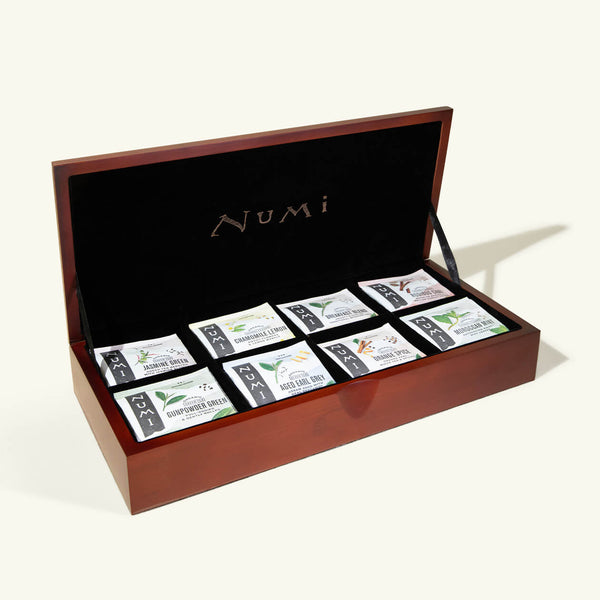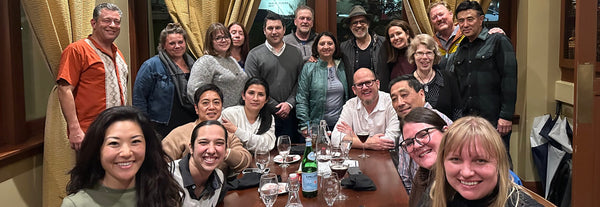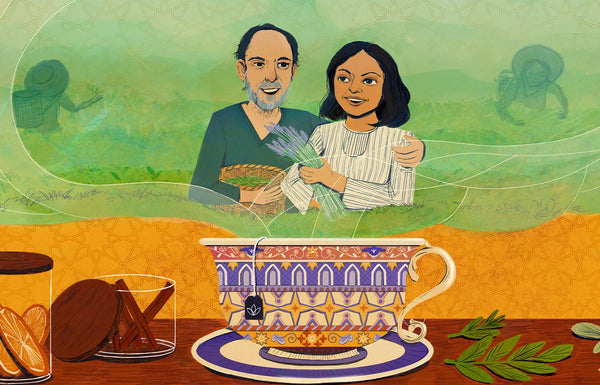Often, the best way to share your beliefs is to walk the walk — showing (rather than telling) is more impactful. If conversation is needed to avoid compromising your beliefs, these tips will help.
Maybe you’re new to the idea of conscious consumerism — choosing to spend your money on products that have the best possible positive impact on people and the planet — or maybe you’ve been an advocate of the concept for years. As the holidays approach, it seems appropriate to consider how we talk to others about lifestyle choices. There are so many polarizing issues and conversations that can affect our lives and relationships already, from politics to religion. How do we make sure that conversations about holiday “wish lists” or discussions at family gatherings minimize offense and share our values in a positive way?
HOW THE MESSAGE IS FRAMED MATTERS
You don’t want to be the friend that makes others feel as though they have to hide all of their conventionally sourced cocoa or serve you only fair trade tea out of shame or discomfort.
Be sure the people in your life know they are loved and accepted as they are, even if you don’t see eye-to-eye on every belief or share every value. This can be as simple as affirming the good qualities you see in your loved one, and cheering them on when they make even the smallest and simplest of steps toward conscious consumerism.
TALK ABOUT YOUR CHOICES WITHOUT CONDEMNING OTHERS
Choosing fair trade or subscribing to conscious consumerism can easily be touted as the more “righteous” choice. Avoid making others feel badly about their lifestyle choices in the way that you talk about yours. This often leads to defensiveness, hurt and an argumentative stance. If you feel that strongly stating your reasons for living your life the way that you do could cause offense, perhaps it’s not the right moment to fight that battle. Instead of rejecting a thoughtful gift idea “because it’s probably made in a sweatshop,” gently lead toward a positive redirection: “I have so many beautiful things, I’d love to just spend time with you this holiday season. Would you consider taking a painting class together this year instead of exchanging physical gifts?”

Photo: Rahul Jain
This way, your friend is not offended by feeling as though you’re judging them for purchasing “sweatshop stuff” and you can choose a better moment to talk about your newfound love for ethically made clothing and all of the great brands you’ve added to your wardrobe when it will be easier for your friend to accept that information.
TIE IT TO A COMMON INTEREST OR BELIEF
When talking to others about conscious consumerism, find something relatable to guide your conversation. If your stubborn uncle grew up on a farm, a great angle to take when talking about fair trade could be about supporting farmers and their work.

Photo: Estevan Padilla
For someone who is interested in health, try talking about better conditions for workers who might otherwise be exposed to harmful chemicals in a conventional manufacturing setting as opposed to an ethically run business. For people of faith, better consumer choices can easily be tied to the basic belief systems of most religions- doing no harm, treating others as you’d like to be treated, or looking for happiness apart from physical belongings.
REMEMBER EVERYONE IS ON THEIR OWN JOURNEY
You probably were not always a conscious consumer yourself. Remember where you started, and remember that there are areas of your own journey that you have yet to explore and improve upon. Give others space and time to grow, learn, and change.


























